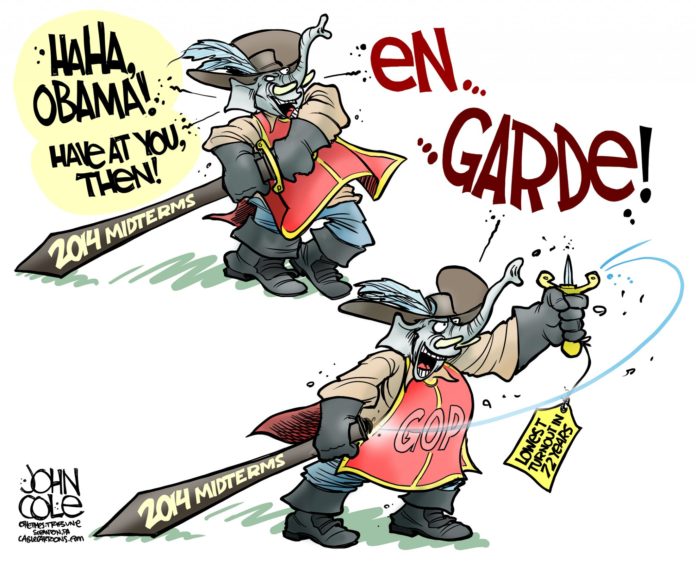BY DAVID PERRYMAN
 In the dark recesses of my Mom’s walk-in pantry, next to an old Daisy butter churn is a relic of another era. There by a wooden sauerkraut board and a three-gallon stoneware crock that always seemed to be full of fermenting kraut sits her pressure canner.
In the dark recesses of my Mom’s walk-in pantry, next to an old Daisy butter churn is a relic of another era. There by a wooden sauerkraut board and a three-gallon stoneware crock that always seemed to be full of fermenting kraut sits her pressure canner.
Although it has been decades since the wing nuts were tightened and glass jars of low acid vegetables like green beans or carrots were canned at the customary 10 pounds of pressure, the thick heavy container and lid with a pressure gauge, regulator and pressure release valve appears as functional as the day it was stowed.
Pressure relief valves, sometime referred to as pop-off valves, function to allow excess pressure to escape without destroying the container or the contents. Elections serve a similar purpose in a healthy representative democracy.
In the absence of free and fair elections, change in government can only be attained through revolution or a coup d’etat, both of which generally involve bloodshed.
The greatness of our nation is based on the rule of law and elections at regular intervals but emotional disenfranchisement may well pose the most significant danger to the future of our country. Citizens who do not register to vote and registered voters who do not cast ballots allow others to establish the agenda and set policy.
Repeatedly we hear that if we do not vote, we cannot complain; however, that analysis trivializes the real danger associated with a lack of participation in the electoral process. All aspects of Western society – from economics to the law and even the legislative branch – are based on an adversarial system of opportunistic survival. While ethics and morality exist to temper aggression in these arenas, competition sets the pace.
Therefore, a citizen who does not engage in the process of selecting leaders plainly and simply abdicates his responsibility and, thereby, magnifies the electoral influence of those who do engage but do not share like concerns or values.
In short, staying home from the polls distorts a democracy and destroys any semblance of a republic.
According to the United States Election Project by the University of Florida, just 37% of eligible American voters cast ballots. Oklahoma was seventh from the bottom of the list of states with only 29% of Oklahoma’s eligible voters engaging. Consequently, most winning candidates garnered only 16% to 18% of the people who could have voted.
According to the New York Times, the 2014 election had the worst turnout in 72 years and based on a report in Oklahoma Watch, the Sooner State’s turnout may be the worst on record. While it is true that non-presidential election years normally signal lower voter turnout, in Oklahoma, the voter turnout dropped 9% from the 2010 non-presidential election, four years ago.
Only eight Oklahoma counties saw more than 50% of their registered voters cast ballots. Sadly, all eight of those counties were sparsely populated and on average produced less than 1,650 votes each.
One possible reason: Disillusionment. According to national exit polls, 53% of voters hold an unfavorable view of Democrats and 56% have an unfavorable view of Republicans. Sixty-one percent said that they are dissatisfied or even angry at Republican leaders in Congress and only two in 10 have any faith that Washington will do what is right all or most of the time.
Pop-off valves have no purpose in the absence of steam and elections are superfluous in the absence of voters. Anxiously we listen for signs of life and the whistle of the teapot.
– David Perryman, a Chickasha Democrat, represents District 56 in the Oklahoma House of Representatives







